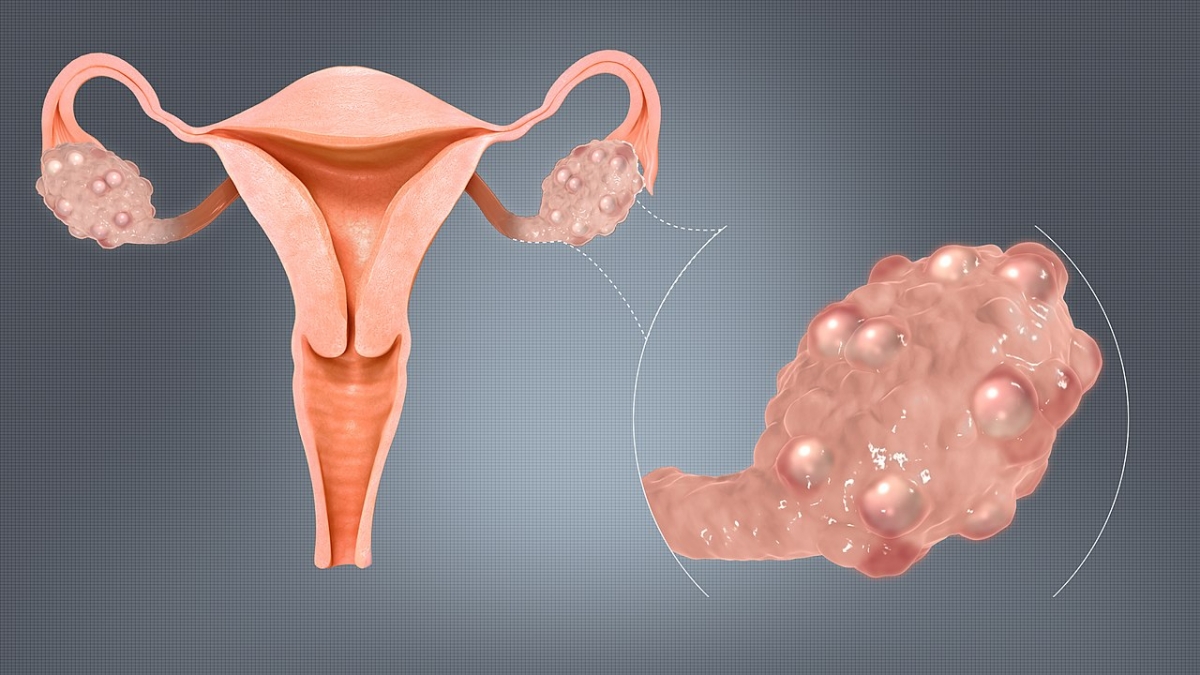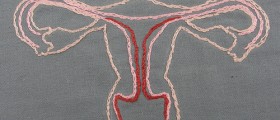Polycystic Ovary Syndrome is a reproductive condition that can have a huge impact on a woman's life. PCOS affects a woman's menstrual cycle, but also her insulin and hormones, as well as fertility, weight, and hair growth. What are the signs that show that a woman may suffer from Polycystic Ovary Syndrome.

Are you worried that you may have PCOS? In this case, a checklist of the usual symptoms of the condition is probably what you are after, before going to see your healthcare provider. Not all woman with Polycystic Ovary Syndrome will have identical symptoms (as with any other condition , really!), but these are some of the signs that you could have it:
- Irregular periods, strange periods, or a total lack of menstruation. Menstrual problems should always lead a woman to see her doctor, and this could have many causes besides PCOS. Still, menstrual cycle irregularities are very commonly associated with Polycystic Ovary Syndrome.
- An irregular ovulation or no ovulation which may not necessarily correspond to your cycle.
- Pain in the pelvic or abdominal area.
- Oily facial skin, and often acne.
- Excessive hair growth for a woman, like a "mustache" and "beard".
- Hair on the head, on the other hand, could be very thin. This is due to increased levels of androgens, male hormones.
- Weight gain or obesity, which doesn't necessarily go away with an improved diet or regular exercise.
- Type 2 diabetes, or insulin issues similar to diabetes.
- High blood pressure.
Diagnosis and treatment
The diagnosis of PCOS involves a look into your medical history, blood tests for hormone and glucose levels, a physical exam, and an ultrasound to look at your ovaries and uterus. Women who are diagnosed with PCOS will discuss treatment options with their healthcare provider. Though there isn't a cure for Polycystic Ovary Syndrome, the condition can be managed with several medications. This is especially important if you are trying to conceive. Those women with PCOS who are severely overweight often really benefit from the drug metformin (also used for diabetes), and greatly increase their chances of conceiving if they manage to lose only five percent of their total weight.
Birth control pills are often successful at suppressing hair growth and skin problems, and will regulate menstrual periods. Obviously, these are only suitable for PCOS patients who are not trying for a baby. In some cases, surgery that removes part of the ovary is the proposed solution for PCOS symptoms.
- www.womenshealth.gov/a-z-topics/polycystic-ovary-syndrome
- www.nhs.uk/conditions/polycystic-ovary-syndrome-pcos/
- Photo courtesy of http://www.scientificanimations.com via Wikimedia Commons: commons.wikimedia.org/wiki/File:Polycystic_Ovaries.jpg

















Your thoughts on this
Loading...